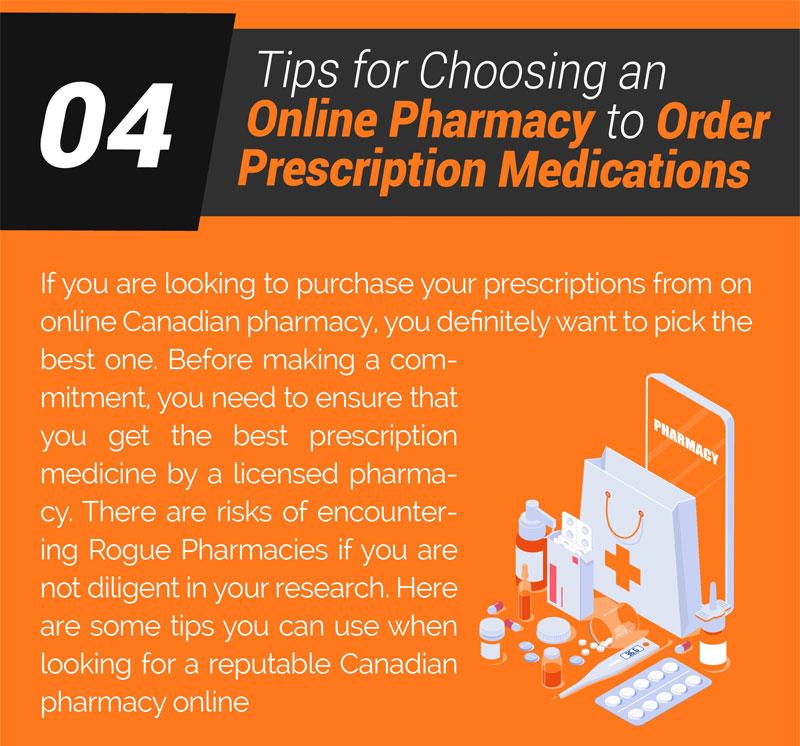Verify the pharmacy’s license. Check for state or national licensing information readily available on their website. Look for a clear display of their license number and the governing body.
Accreditation and Certifications
Seek out pharmacies accredited by reputable organizations like the Verified Internet Pharmacy Practice Sites (VIPPS) program. This accreditation assures adherence to high standards for online pharmacy practices. The presence of other certifications, such as those related to data security, also adds credibility.
- Check for an easily accessible Privacy Policy clearly outlining how your personal and health information is handled. Confirm their compliance with HIPAA or similar data protection regulations. Scrutinize their security measures; look for mentions of SSL encryption (https).
Read customer reviews. Explore independent review sites like Trustpilot or Google Reviews. Pay close attention to comments regarding order fulfillment, customer service responsiveness, and overall experience.
Contact Information and Transparency
A legitimate pharmacy will provide complete contact information–a physical address, phone number, and email address. They should also have a clear “About Us” section detailing their background and operational details. Avoid pharmacies that lack transparency in their operations.
Examine their return policy. Understand their process for returns and refunds in case of issues with your order. Review their medication sourcing and handling practices. Legitimate pharmacies will be upfront about where they source their medications. Beware of unusually low prices. Prices significantly lower than those at brick-and-mortar pharmacies might signal counterfeit medications.
Consult your doctor. Always discuss online pharmacy options with your physician before ordering any medications. Your doctor can provide guidance and ensure the chosen pharmacy is safe and reliable.



